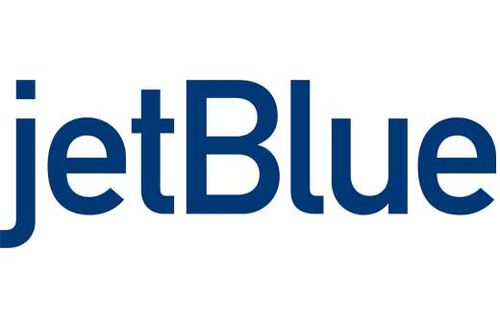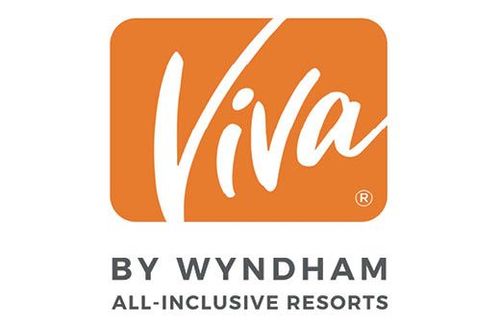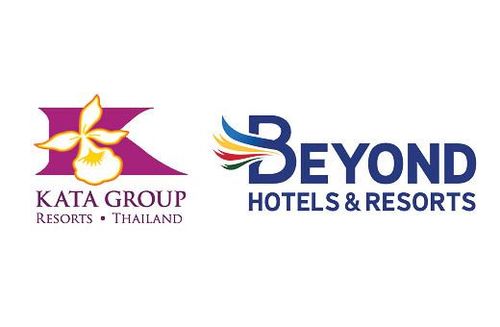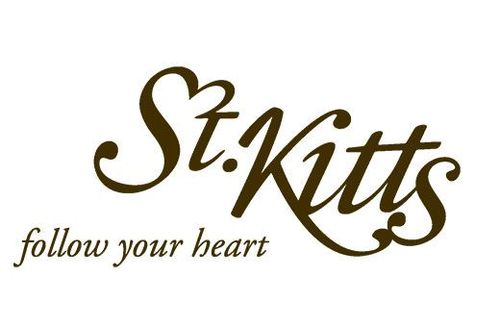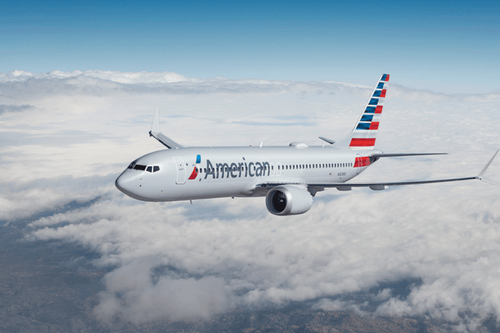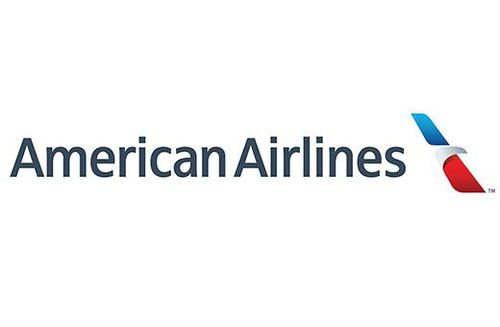Where travel agents earn, learn and save!
News / JetBlue announces first quarter 2021 results
First quarter 2021 revenue declined 61% year over two as a result of the impact of COVID-19
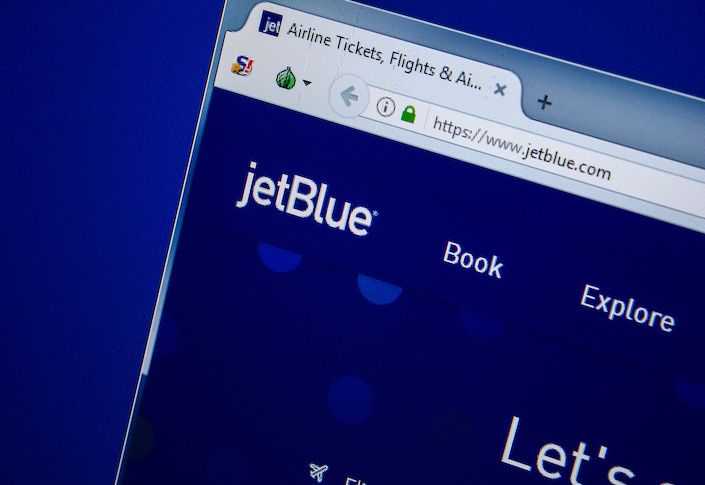
April 27 - JetBlue Airways Corporation reported its results for the first quarter 2021:
• Reported GAAP loss per share of ($0.78) in the first quarter of 2021 compared to a diluted earnings per share of $0.14 in the first quarter of 2019. Adjusted loss per share was ($1.48)(1) in the first quarter of 2021 versus adjusted diluted earnings per share of $0.16(1) in the first quarter of 2019. Note A to this earnings release includes the GAAP to Non-GAAP reconciliation between reported and adjusted diluted earnings per share
• GAAP pre-tax loss of ($347) million in the first quarter of 2021, compared to a pre-tax income of $58 million in the first quarter of 2019. Excluding one-time items, adjusted pre-tax loss of ($636) million(1) in the first quarter of 2021 versus adjusted pre-tax income of $70 million(1) in the first quarter of 2019
Operational Highlights from the First Quarter
• First quarter 2021 revenue declined 61% year over two as a result of the impact of COVID-19. The decline is on the lower end of JetBlue's prior expectations for the quarter of a 61 to 64% decline year over two, and represents a six-point sequential improvement quarter over quarter, mainly driven by sustained momentum in booking trends for leisure travel beginning in mid-February • Reduced first quarter 2021 capacity by 41% year over two, in line with JetBlue's original planning assumption, as a result of actions taken to capture improving demand, manage cash burn and protect liquidity • Operating expenses declined 43% year over two. Excluding special items, adjusted operating expenses declined 26%(1) year over two, which is better than JetBue's planning assumption of a decrease of 25% year over two, despite higher fuel prices. The results were driven by capacity reductions and initiatives taken to reduce variable and fixed costs • Resulting primarily from the actions taken, JetBlue’s Adjusted Earnings Before Interest, Taxes, Depreciation, Amortization and Special Items (Adjusted EBITDA) in the first quarter of 2021 was ($458) million(1), better than the ($490) to ($540) million range previously expected
Balance Sheet and Liquidity
• JetBlue ended the first quarter of 2021 with approximately $3.2 billion in unrestricted cash, cash equivalents, and short-term investments, or 40% of 2019 revenue • JetBlue repaid $94 million in regularly scheduled debt and finance lease obligations and repaid the fully drawn $550 million revolving credit facility during the first quarter of 2021 • JetBlue has taken the following measures in the first quarter to manage liquidity: • Raised approximately $750 million with a convertible debt offering transaction • Continued to achieve significant savings through aggressive capacity management and executing actions to manage JetBlue's fixed and variable cost structure • Redeployed assets to capture short-term, tactical cash generation opportunities and make long term network investments in JetBlue's focus cities
Fuel Expense and Hedging
The realized fuel price in the first quarter 2021 was $1.72 per gallon, a 16% decline versus first quarter 2019 realized fuel price of $2.05.As of April 27 2021, JetBlue has not entered into forward fuel derivative contracts to hedge its fuel consumption for the second quarter of 2021. Based on the forward curve as of April 16th, JetBlue expects an average all-in price per gallon of fuel of $1.87 in the second quarter of 2021.
JetBlue's Recovery Plan and Actions Taken to Position JetBlue for Future Success
“Although our EPS remains in negative territory, we have seen meaningful progress in the demand recovery, and have started to gain momentum from the groundwork we have laid to emerge from the crisis as a stronger JetBlue,” said Robin Hayes, JetBlue’s Chief Executive Officer.“Looking back to our work from 2020, I could not be more confident in our future. Our teams continue executing our comprehensive recovery plan, reducing our cash burn, rebuilding our margins, and repairing our balance sheet. We have seen positive cash from operations for March, and this milestone is our first step towards achieving positive EBITDA and returning to profitability.”
Action Plan, Revenue and Capacity
“While we initially anticipated trends improving during the quarter, we saw a bigger than expected step up in demand for leisure travel beginning in mid-February,” said Joanna Geraghty, JetBlue’s President and Chief Operating Officer.“For the second quarter of 2021, our planning assumption for revenue is a decline of between (30%) and (35%) year over two, the largest sequential improvement in our revenue since the start of the pandemic. We expect unit revenue to significantly improve, driven by both increasing load factors and improving yields.
“During the pandemic we have been focused on balancing supply and demand, managing our capacity to maximize revenue and rebuild our margins. For the second quarter of 2021, our planning assumption is for capacity to decline approximately (15%) year over two, given the strong sequential improvement in demand.”
Financial Performance and Outlook
“In March we reached breakeven cash from operations and our first quarter Adjusted EBITDA(1) was ahead of the range we anticipated, a result of improving revenue trends and continuing to successfully manage our cost structure, despite increasing fuel prices,” said Steve Priest, JetBlue’s Chief Financial Officer.“For the second quarter, we estimate EBITDA will range between ($100) and ($200) million(2), reflecting an acceleration of demand, partly offset by cost pressures from fuel prices, and airport rents and landing fees. On an EBITDA basis, we believe we will reach breakeven in the third quarter, and expect to remain in positive territory through the end of the year.
“Since the start of the pandemic, we have gone deep on our cost structure with a focus on our fixed cost base, adding to the continued momentum from our Structural Cost Program. We expect to achieve better than 2019 CASM ex-fuel in 2022, providing a path to expand our EBITDA and ultimately, our pre-tax margins.
“Going forward, as we produce positive cash from operations, we plan to prioritize paying down high cost debt. We also intend to continue to take a strategic and measured approach to return to investment grade metrics and a debt to cap ratio between 30% and 40%.”
More Travel News:
Green Hotels in Antigua and Barbuda
Jamaica Tourist Board debuts new Ad Campaign
WTTC official says covid pandemic has affected tourism 18 more than 2008 financial crisis
Here’s why the rental car shortage isn’t going away anytime soon



